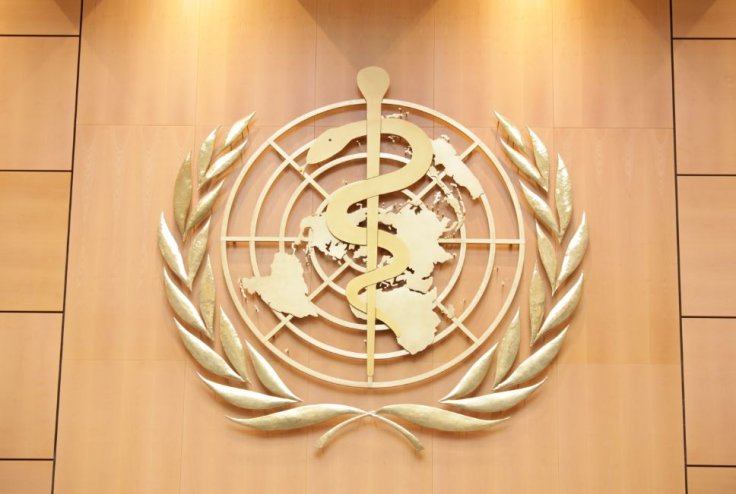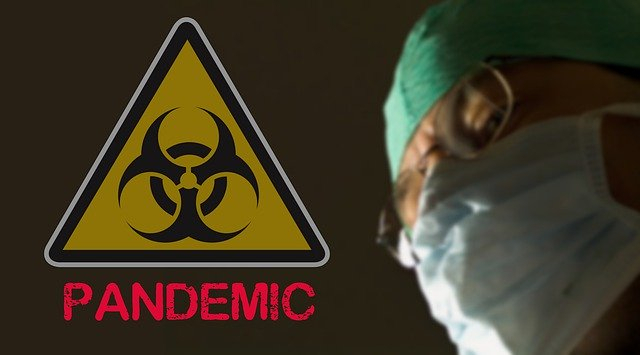The World Health Organization (WHO) has been facing criticism for not doing enough during the initial days of the Coronavirus pandemic. Recently leaked recordings and documents revealed that in early private internal meetings of the agency, top scientists described some countries' approaches as "an unfortunate laboratory to study" the Coronavirus, a "macabre" opportunity to see what worked, while the UN organization appreciated governments for their responses.
One of the issues that WHO facing is that the Geneva-based agency has no enforcement authority for an independent investigation with the countries and the agency relies on behind-the-scenes talks and the cooperation from WHO member nations.
As per the critics, WHO's traditional disinclination to confront its member nation's wrongdoing has come at a price. As per those recently obtained recordings of internal WHO meetings and documents between January and April, the agency often shied away from calling out countries—such as Japan, Britain, and France—for making repeated mistakes.

Many experts also noted that the failure of WHO to exert its influence lent credence to nations adopting risky outbreak policies that may have also contributed to compromising efforts to stop the spread of novel Coronavirus.
Sophie Harman, a professor of international politics at Queen Mary University in London said, "We need WHO to be bold and to use their political power to name and shame because the consequences are so devastating. This is their Spanish flu moment ... By not speaking up when countries are doing questionable things, WHO is undermining its own authority while the planet burns."
Suerie Moon, co-director of the Global Health Centre at the Graduate Institute of Geneva, referring to WHO's director-general said that the agency's Director-General Tedros Adhanom Ghebreyesus was to take an aggressive stance towards the member countries, "there would be repercussions".
According to leaked recordings, obtained by Associated Press, in one of the meetings, Dr. Michael Ryan, executive director of the WHO's Health Emergencies Program, also laid out the agency's approach in answer to a media question on March 11 on whether the WHO was willing to say which countries were not doing enough.
"The answer to that question is, you know who you are. The WHO doesn't interact in public debate or criticize our member states in public. What we try to do is work with our member states constructively," said Ryan.
It Is Not Only About China
Tedros and Chinese president Xi Jinping had a meeting in January, but not enough information was released, instead, the WHO head said, "China is doing many good things that are slowing the virus and the facts speak for themselves."
In February, the WHO scientists expressed concerns about Japan. On February 1, one Diamond Princess cruise ship passenger tested positive in Hong Kong. At the ship's next stop in Yokohama, 10 more COVID-19 cases were found and authorities put over 3,000 people on board under lockdown. At that time Ryan said, "Let's be careful here not to overreact," but on February 10, the cases hit almost double overnight.
During an internal meeting, Ryan said that was not "surprising given nature if the response of the investigation," and only a small member of epidemiologists had been assigned to the outbreak. "If you double the number of cases in a ship in a day, something is not right", he added. However, WHO discussed the issue with their Japanese counterparts, but failed to obtain much useful information.
Even though WHO knew the situation was deteriorating, scientists said the outbreak could help understand the SARS-CoV-2 transmission pattern. Even Ryan said it is unfortunate, "but a useful opportunity to study the natural history of the virus".
After many days, Dr. Kentaro Iwata, Japanese outbreak specialists called the response in terms of Diamond Princess "completely chaotic". Lawrence Gostin, director of the WHO Collaborating Center on Public Health Law and Human Rights at Georgetown University said, "It was very obvious on that cruise ship that things were going badly wrong and WHO should have said something. When what countries are doing is flat-out wrong, we need WHO to say so."
Meanwhile WHO's Tedros said on February 26 without naming anyone that one of the biggest challenges the agency facing is that "too many affected countries are still not sharing data with WHO." In March he also declared the COVID-19 to be a pandemic and added that it was due to "alarming levels of inaction" by countries, which he again hid from people.
In another meeting, Ryan told his colleagues, "We had the terrible situation yesterday with (protective personal equipment) where all the supplies were requisitioned in France and we lost access" and advised that the agency needed to pressure member nations, as well as companies to avoid similar situations.

A 'Problematic' Strategy
While European countries were following safety measures in one country, the UK was not doing the same. As Ryan noticed it, he said, "There isn't a single sports event in Europe and yet all of the Premier League matches in the U.K. are to go ahead as normal." He also called UK's pandemic strategy "problematic" as the country's chief scientific officer said the nation was aiming for herd immunity.
Citing the herd immunity, Ryan also said during the meeting that to achieve that hundreds of thousands and millions of elderly individuals "are going to become infected and there is just going to be so much death." Still, he said that a different approach to controlling the virus globally could prove to be "a massive ecological study" and it will allow the UN agency to understand what worked best. "It's macabre in some ways, but it's reality," he added.
As experts find no reason to support WHO's diplomacy and the reason behind not holding countries accountable for, they did wrong, Harman from Queen Mary University clearly stated that "this is not an experiment for WHO to learn lessons for the future, the stakes are too high for that. With the next wave of the pandemic, I think the time for quiet diplomacy has passed."








